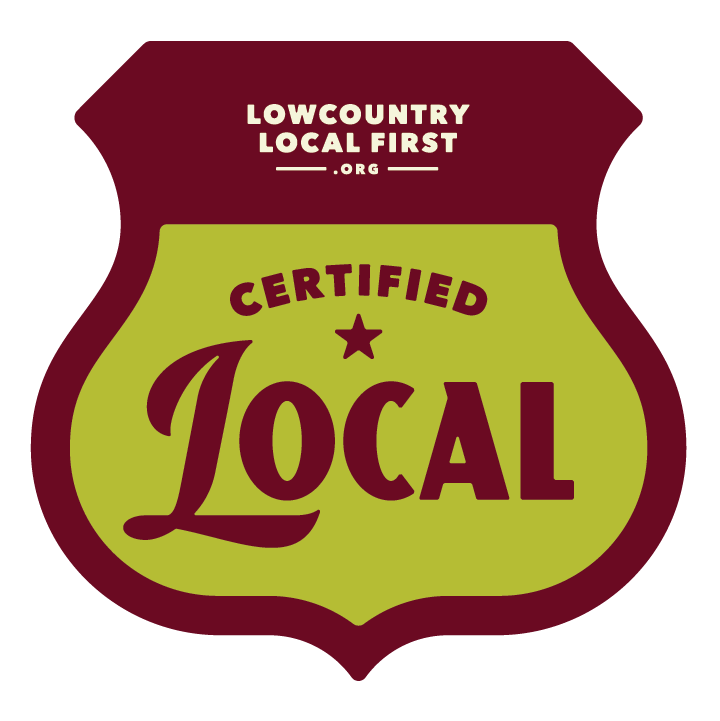The simplest way to set up an estate plan is simply to sign a will. This can serve well, and there are times when it really is all that a client needs. Often, though, it makes sense to set up a revocable trust, and to put most or all of the grantor’s (that is, the trust creator’s) assets into it.
Why take these extra steps? While every situation is different, there are two main reasons which apply to most people:
Probate avoidance; privacy and efficiency. The probate process for a deceased person’s estate is an essential government function, which aims to make sure that estates are handled fairly and that beneficiaries receive what they are supposed to receive. That does not mean, though, that you need to use it! In general, probate is only required for assets titled in the decedent’s own name and which do not pass to the heirs in some other manner (such as a beneficiary designation on a bank or brokerage account, which also avoids probate). By setting up a revocable trust and putting certain of your assets into it, you retain full control of them during your lifetime, but upon your death, there is no need to probate them. Instead, they go to your beneficiaries according to the terms of the trust.
The two main advantages of keeping assets out of probate are privacy and efficiency. The estate records of your county Probate Court (in South Carolina) or Clerk of Court (in North Carolina) are public, which means that there will be a public record made of what assets your heirs receive through probate and their value. Sadly, in the age of the internet, it is not difficult for parties with an interest in gathering personal information to obtain and use these records for their own purposes; and that’s in addition to any specific people from whom you might prefer to withhold information about your family’s property holdings.
A revocable trust also lets your beneficiaries receive their inheritance more quickly and with less paperwork and hassle than probate. After an estate is opened, your executor (North Carolina) or personal representative (South Carolina) must generally wait several months—three months in NC, and eight months in SC—to allow creditors time to make claims against the estate before assets can be distributed. The assets must also be formally inventoried, and accountings must be prepared and filed with the court. While there is certainly recordkeeping associated with trusts, the burden on your loved ones will generally be substantially less in the months following your demise if their inheritances are handled with a trust.
In some states, probate also carries heavy fees. Probate fees in North and South Carolina are small (in the tenths of a percent of the estate value), but in other states, fees may also be a concern.
Handling of incapacity. The traditional means of planning for the chance that a person may no longer be able to handle his or her own property is to grant power of attorney to a relative or other trusted person. Banks, brokerages, insurance companies, and other financial institutions are often the primary parties with whom you will want to use such a power. They can be wary of accepting powers of attorney, however, especially if they date back several years. Despite recent changes in the law designed to encourage third parties to accept powers of attorney, I still frequently hear of difficulties with them.
Often, these problems can be remedied ahead of time by putting assets into a revocable trust which includes a clear process for allowing the successor trustee to take over should the grantor become incapacitated. Institutions are generally more comfortable accepting the authority of a successor trustee under such circumstances.
Funded revocable trusts are often, but not always, at the center of a well-crafted estate plan. Please contact us if you have questions about whether a revocable trust makes sense for you and your family.
Seth W. Whitaker, Ltd. Co. is a personalized trusts and estates and business law firm for individuals, families, professionals, and entrepreneurs, with offices in Charleston and Raleigh and serving clients throughout the Carolinas. This article is not legal advice, and no attorney-client relationship is formed by reading it. We hope you will contact us at (843) 202-4472 or info@whitakerltdco.com if you would like to discuss your specific situation.
